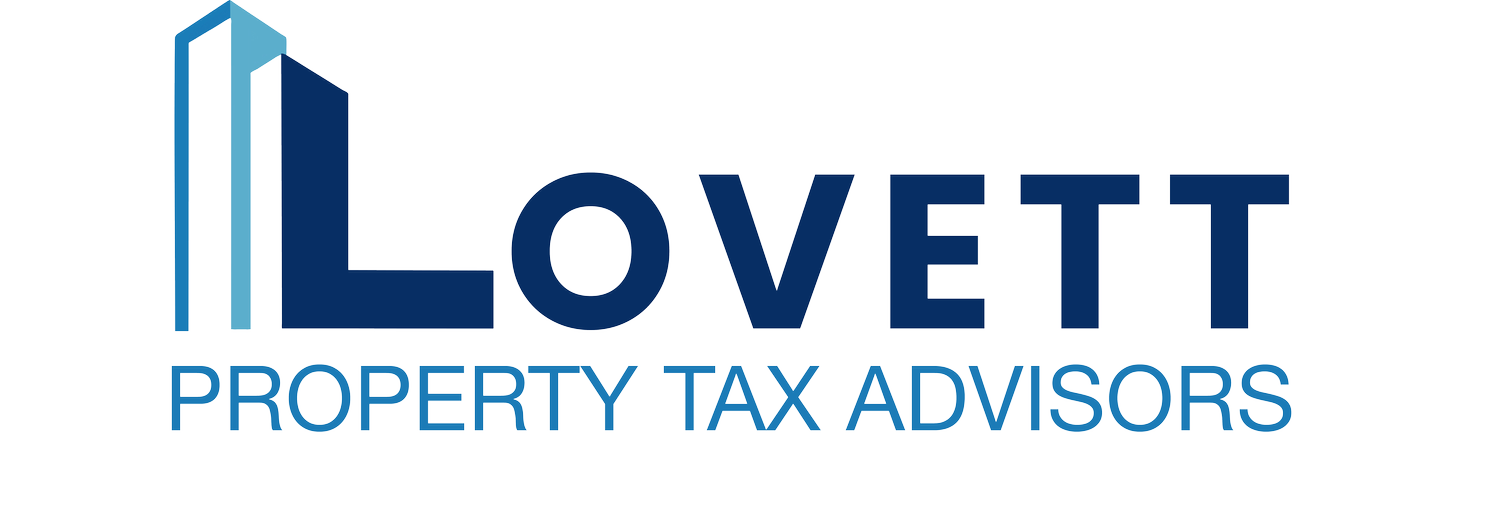Unlocking the True Value of Restricted Rent Properties: The Georgia Income Approach
Introduction: Determining the market value of properties subject to restricted rents requires a thorough and accurate approach. In Georgia, the Income Approach is the preferred method, offering a reliable indication of value. This blog post explores the key components of the Georgia Income Approach and its significance in assessing the true value of restricted rent properties.
Direct Capitalization: A Solid Valuation Method Direct capitalization plays a crucial role in the Income Approach. By capitalizing the Net Operating Income (NOI) derived from the restricted pro forma, using a capitalization rate based on comparable sales, appraisers can determine the property's value. Adjustments are made to account for specific benefits and restrictions associated with the subject property. This method is particularly effective when the property's operation is stable, and long-term restrictions are in place.
Cost Approach: A Supporting Role The Cost Approach can complement the Income Approach in determining the market value, especially for new construction properties. By carefully considering site value, construction costs, remaining economic life, and external obsolescence, valuable information can be extracted. However, estimating depreciation for existing properties over twenty years old presents challenges, raising questions about the reliability of the Cost Approach in such cases.
Sales Approach: Bridging the Gap The Sales Approach, while not the primary valuation method, can provide additional support. By analyzing comparable sales of subsidized apartments in similar rural markets and making appropriate adjustments for financing terms, appraisers can gain further insights into the market value subject to restricted rents.
Georgia Law: Upholding the Income Approach Georgia law mandates the use of the Income Approach for assessing restricted rent apartment properties. Senate Bill 346, passed in 2009, and House Bill 954, adopted in 2014, require the valuation of restricted rent apartments using this method. Therefore, it is crucial to adhere to these legislative requirements when evaluating such properties.
Challenges and Inconsistencies: The Need for Updated Procedures Despite the legal obligations, the Georgia Department of Revenue Local Services Division has not updated the Appraiser Procedure Manual to reflect the changes introduced by the aforementioned laws. However, the failure to update the manual does not excuse appraisers from complying with the intent of the legislation. It is essential to consider the spirit of the law rather than relying solely on outdated manuals.
Assessment Discrepancies: Ensuring Accuracy Inaccurate assessments can have significant implications. It is essential for County Assessors to ensure that the reported Fair Market Value aligns with the legally required criteria. Failure to accurately assess properties subject to restricted rents can result in disparities between the assessed value and the true Fair Market Value, impacting property owners and tenants alike.
Conclusion: The Georgia Income Approach provides a robust framework for assessing the market value of properties subject to restricted rents. By emphasizing direct capitalization, supplementing with the Cost Approach where applicable, and considering relevant sales data, appraisers can arrive at a credible Fair Market Value. Adhering to Georgia law and keeping procedures up to date are vital for accurate assessments and ensuring fairness for property owners and tenants.


